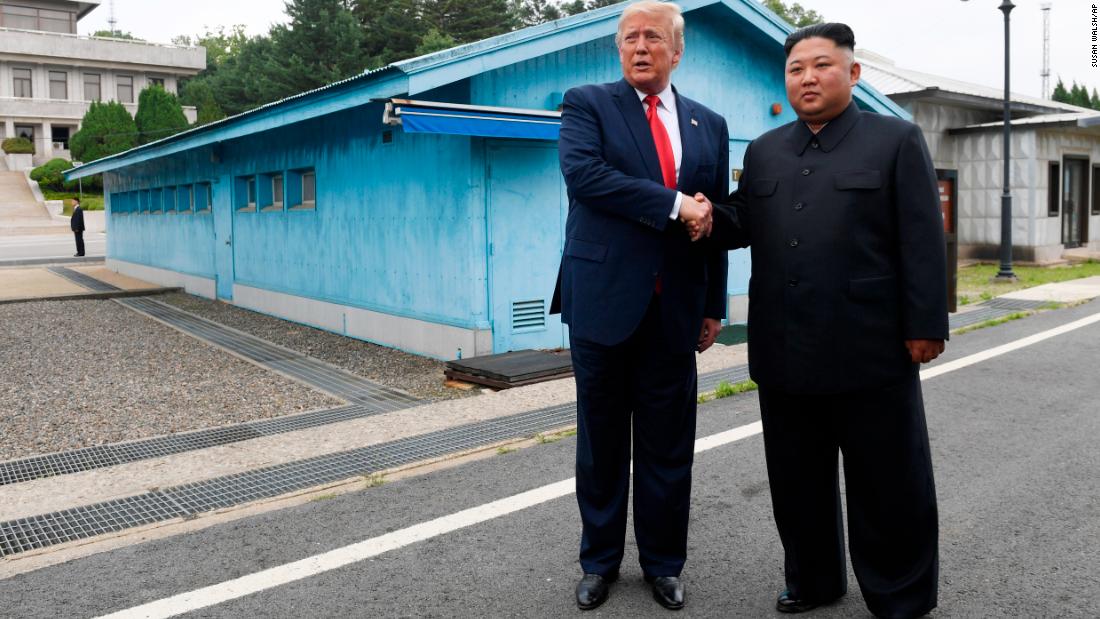Sunday, June 30, 2019
MIssion accomplished? Trump's meeting with Kim is a political win despite long odds of diplomatic success
A driver caught on video dragging a deputy with his car during a traffic stop is facing an attempted murder charge

Hong Kong protesters clash with police as summer of discontent continues
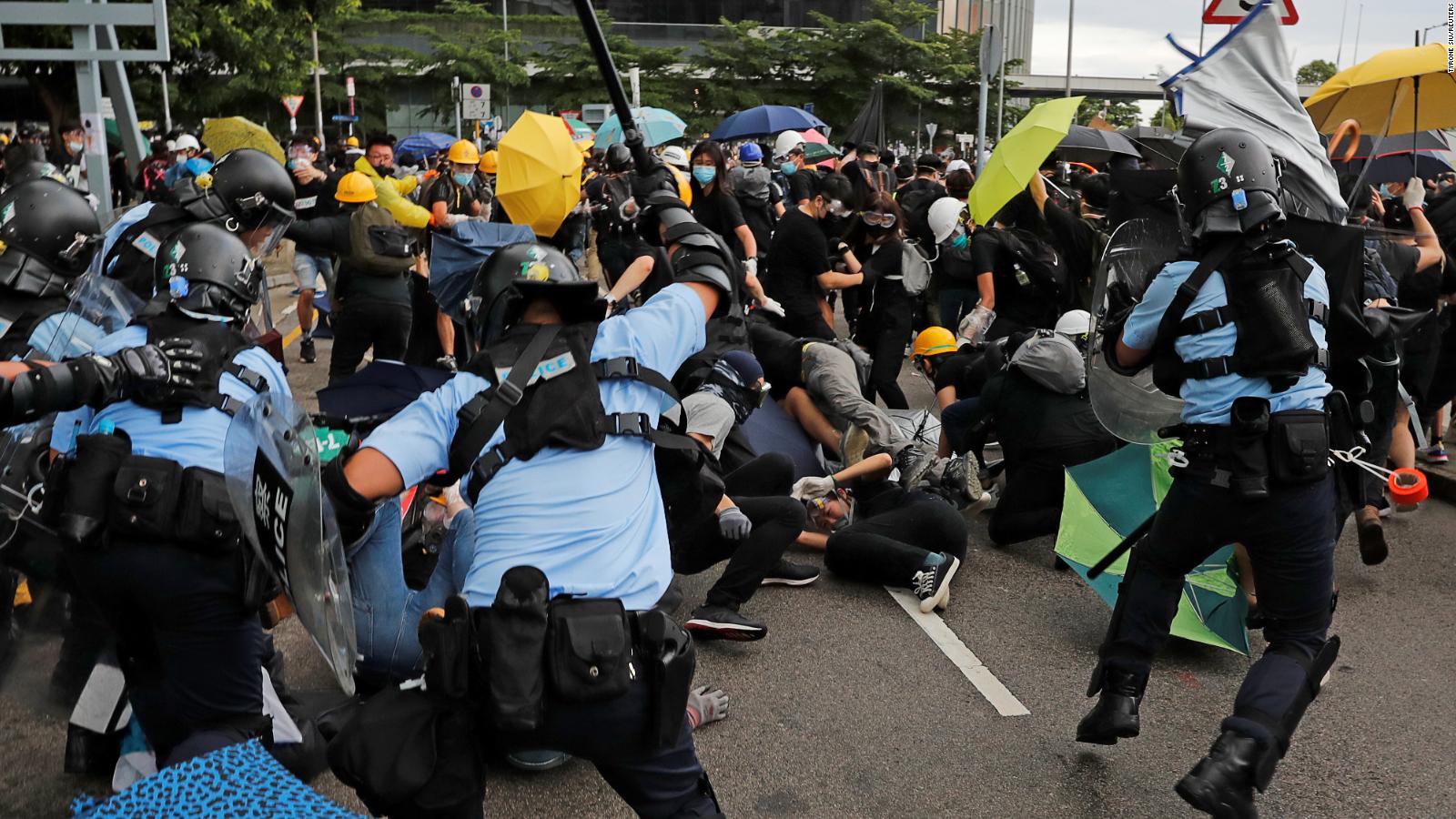
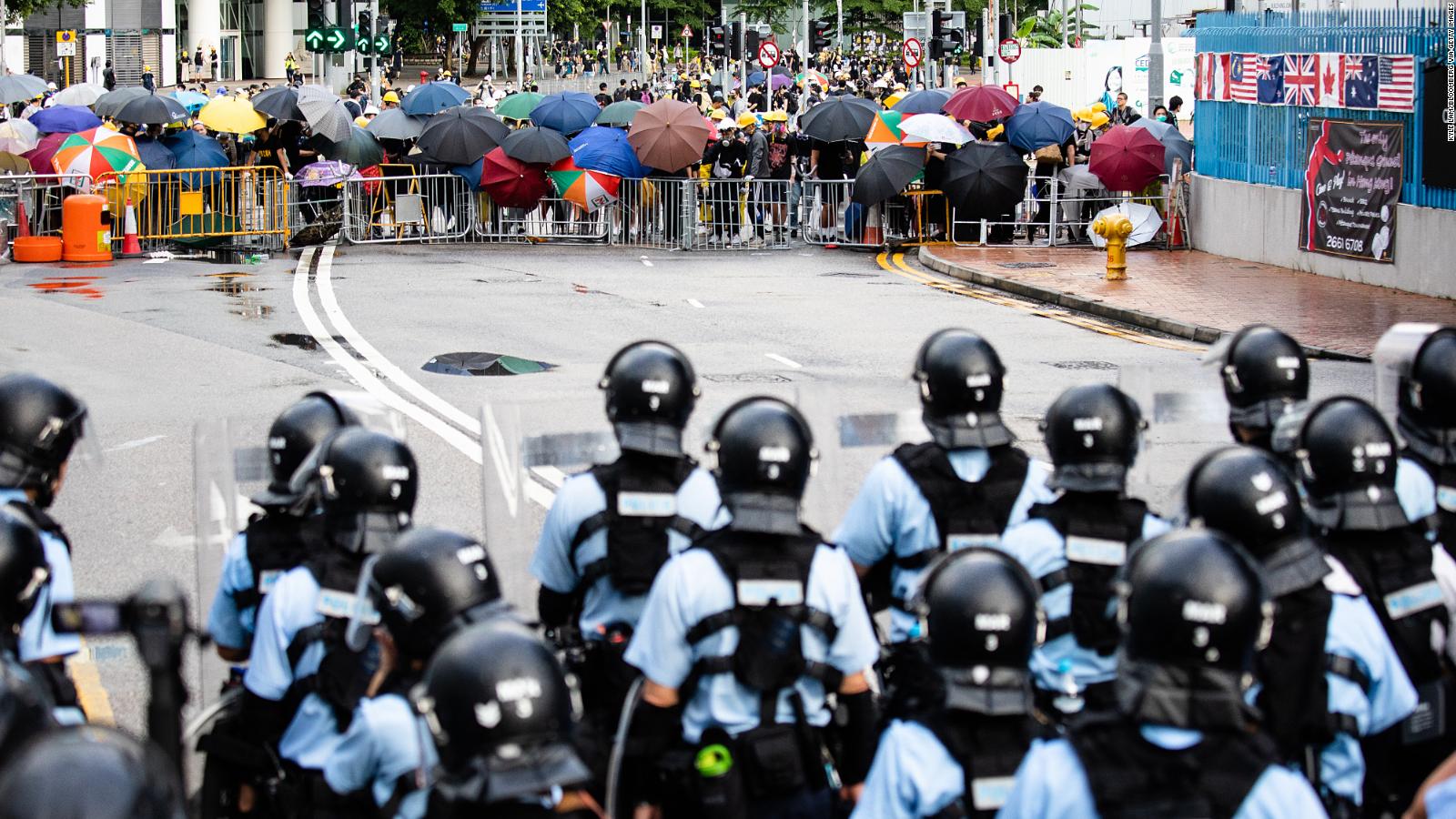
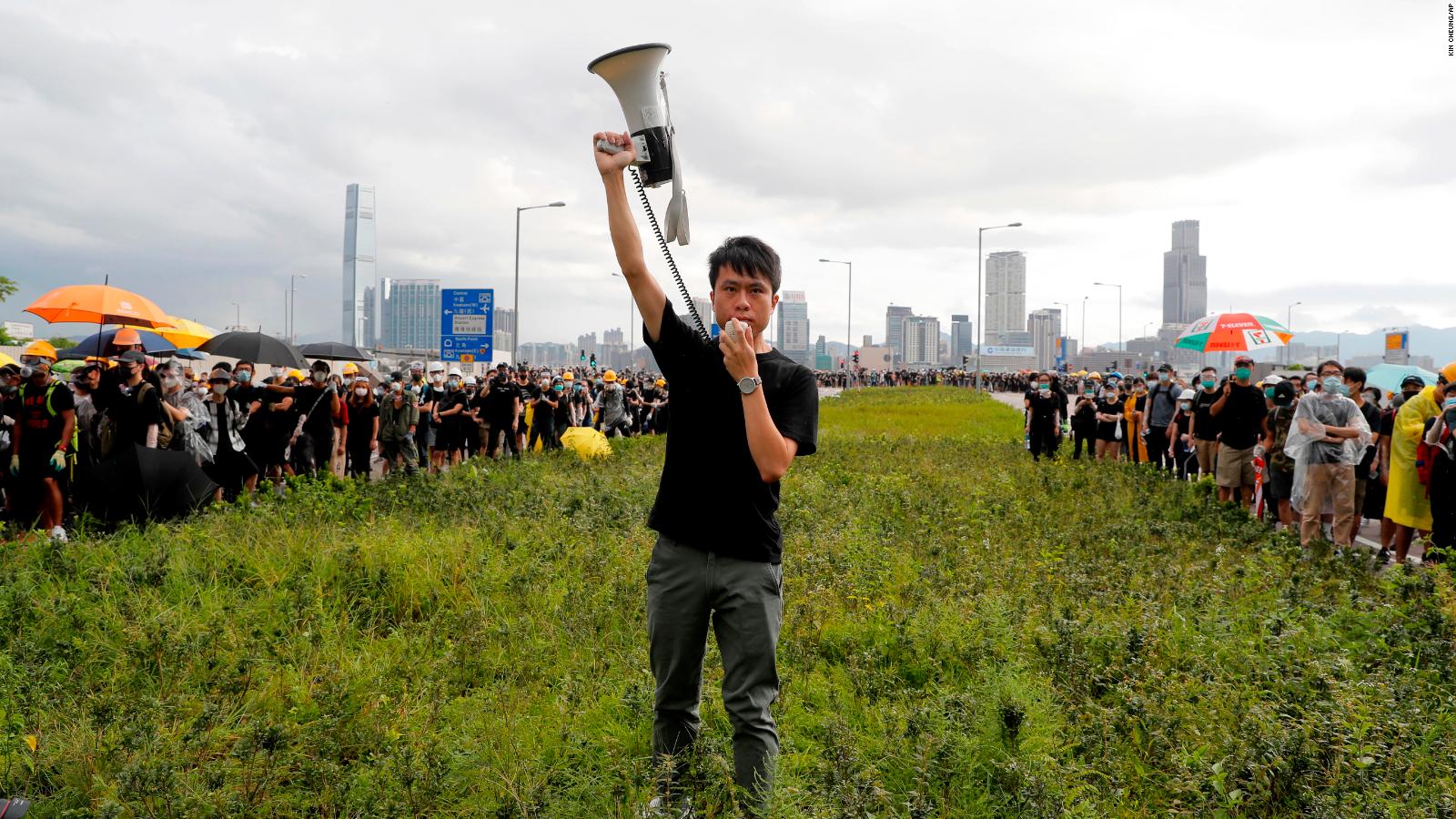
Beijing stands behind leader
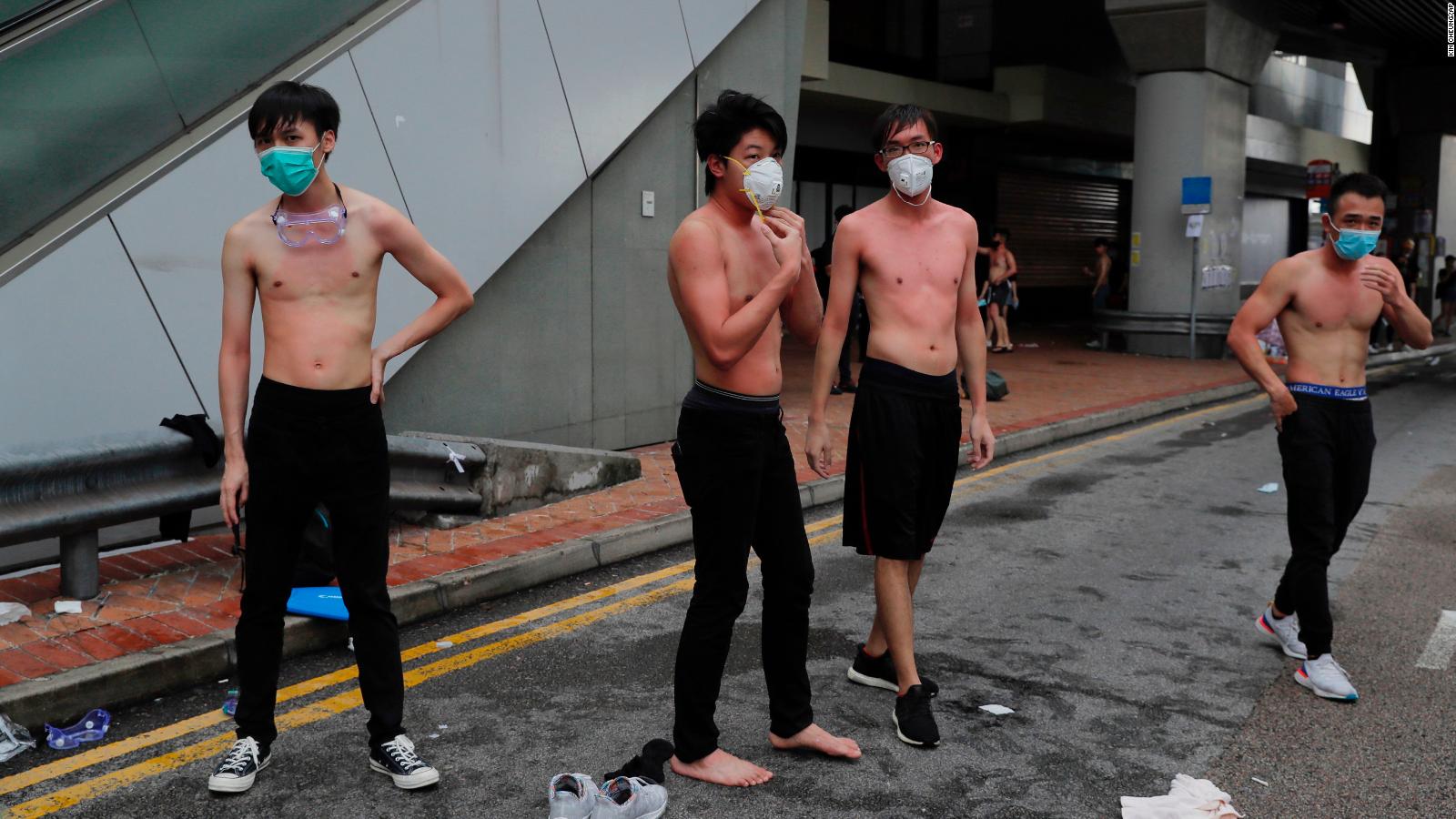
The secondhand harms of drinking impact 1 in 5 adults, study says
50 years after Stonewall, what does Pride mean today?
Written by Serena Daniari
Serena Daniari is a writer, journalist, producer and transgender activist who has worked with GLSEN, GLAAD, and the Transgender Law Center. The opinions in this article belong to the author.
Wandering the streets of New York City this June, I found myself moving through a rainbow wonderland. From store fronts and banks to iconic landmarks like the Empire State Building, the city has been transformed into a multi-colored display of LGBTQ support and allyship.
However, while Pride engenders a spirit of progress, inclusion and self-acceptance, our community cannot afford to be complacent.
The LGBTQ community is not a monolith, and our views regarding Pride are as nuanced and diverse as we are. But as a young transgender woman, I can't separate the celebratory aspects of Pride from its complicated, painful history, rooted in the violent abuse of my transcestors. After all, the precursor to the modern Pride parade -- the Christopher Street Liberation Day march, held on the first anniversary of the Stonewall riots -- was not born out of a desire to celebrate. It was an organized demonstration against political, social and economic marginalization and violence.

People attend the New York City Pride March on Sunday, June 30. Credit: Amy Lombard for CNN
Re-writing history

Demonstration at City Hall, New York in 1973. From left: Sylvia Rivera, Marsha P. Johnson, Jane Vercaine, Barbara Deming, Kady Vandeurs, Carol Grosberg, and others. Credit: Courtesy New York Public Library, Manuscripts and Archives Division
And to this day, trans people are frequently left alone in the fight for access to medical care and adequate protection from violence, and are even excluded from the very queer spaces the trans women before fought so hard to cultivate and protect.
"Pride is not inclusive," said Eva Reign, digital manager at the Marsha P. Johnson Institute, a community organization that advocates for Black transgender people. "Trans people don't feel welcomed at mainstream pride events. Trans women of color created it, so we should be the first ones marching and calling the shots."

A parade goer holds a sign that says, "Support all your sisters, not just your cis-ters." Credit: Amy Lombard for CNN

People cheer as they watch the parade, which took place during the 50th anniversary of the Stonewall riots. Credit: Amy Lombard for CNN
"I think the younger generation of queers are more conscious of how LGBTQ identities intersect with other forms of prejudice, like racism, ableism, misogyny, and classism," said Peter Meleo, a 21-year-old student activist at Arizona State University. "I'm gay, but I'm also cis and white. That affords me many privileges that my trans sisters of color don't have. When I create Pride meet-ups, I'm always thinking about ways to involve trans people and intersex people. They deserve to experience pride in who they are too. If our symbol is rainbow, our movement should represent every color and every hue."
Pride 2019: A history of the rainbow flag
There is no denying that there's still work to do in terms of including trans folks and people of color into the Pride dialogue in meaningful and substantive ways. But despite its shortcomings, Pride is undeniably a beacon of hope.

Street art is seen at a stop sign during Pride in New York. Credit: Amy Lombard for CNN
The unfortunate reality is that like many, I experience transphobia frequently when navigating public spaces. I've been laughed at, misgendered and assaulted. But during Pride month, when the city is painted rainbow, I definitely feel safer and more accepted. The slogans and displays feel like a protective cloak, letting LGBTQ people know that for one month, people are on our side. For one month, being homophobic or transphobic is strictly forbidden.
"As trans people, we're taught to be ashamed of our past and even ashamed of our present," Reign said. "As each generation becomes more visible and more accepting, we're able to disband those structures in our lives that reinforce our shame. As young trans people, Pride is about finding the tools to throw all of that away, but (also) to remember who first gave us that strength."
To me, Pride isn't just a party. It's a symbol of what's possible: the ability to witness fully realized LGBTQ equality in my lifetime.
If in June, cities, institutions and individuals can devote attention and resources to LGBTQ people, maybe one day, they can do so all year round.
from CNN.com - RSS Channel kalo berita gak lengkap buka link disamping https://ift.tt/304JzGfStelter: Trump is still being graded on a curve too often
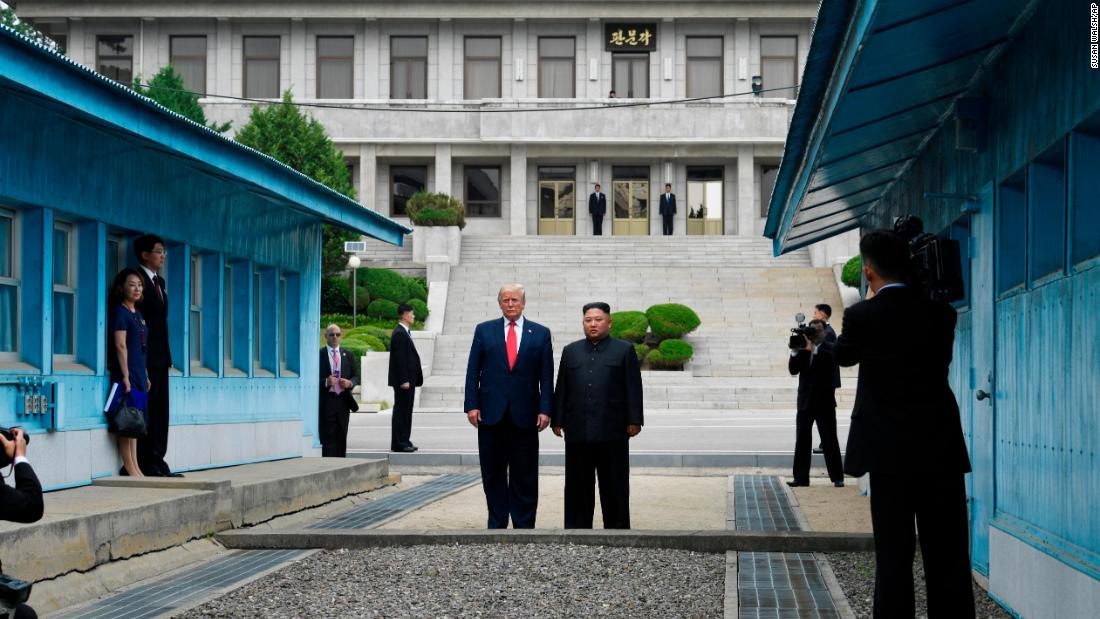
At the DMZ, the press was on the president's mind...
Trump says the press has "no appreciation"
Bottom line: Was it anything more than a stunt?
FOR THE RECORD
Start your Monday smart: Hong Kong, Putin & the Pope, July 4th, Venezuela, World Cup
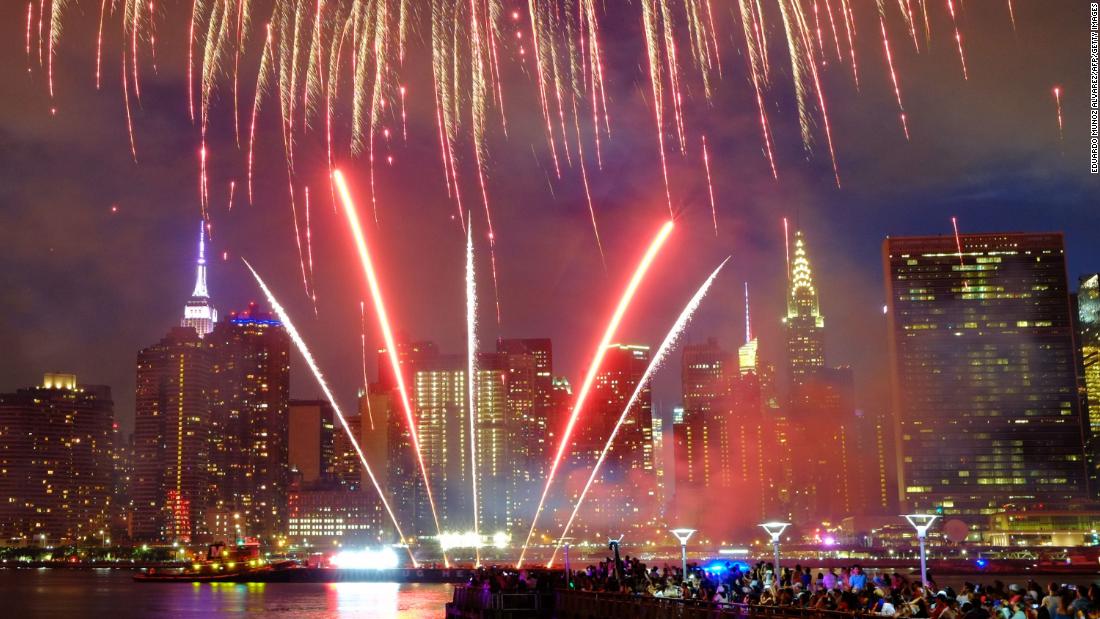
Chuck Schumer is calling for the ATF and CDC to help investigate American deaths in the Dominican Republic
CNN's Rosa Flores contributed to this report.
from CNN.com - RSS Channel kalo berita gak lengkap buka link disamping https://ift.tt/2KR1L2gA pregnant woman was shot, then indicted in her baby's death. Lawyers will try to get the charges dismissed

CNN's Madeline Holcombe and Holly Yan contributed to this report.
BET Awards both entertained and moved
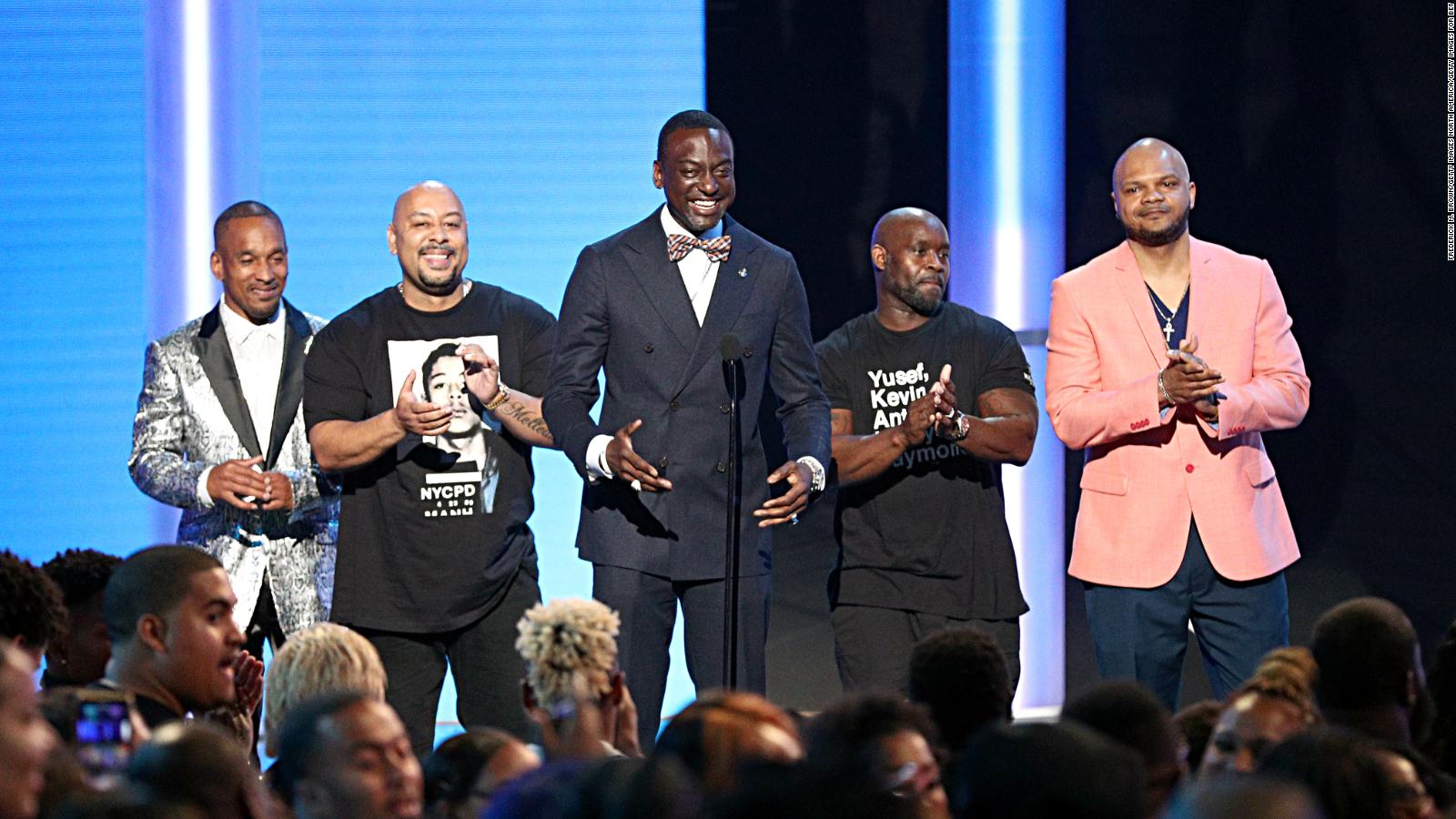
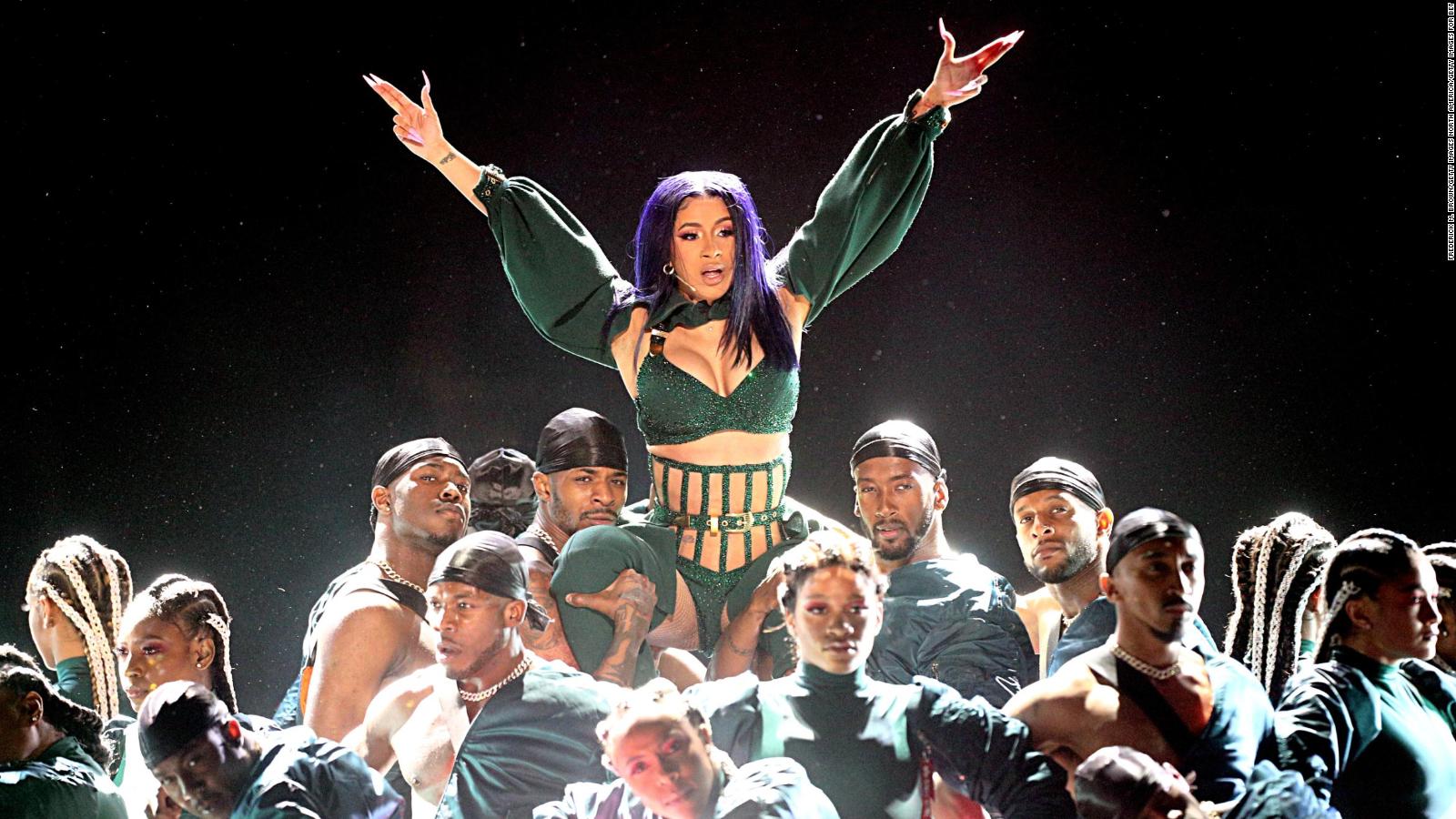


Judge says Democrats can begin collecting Trump financial records in emoluments suit
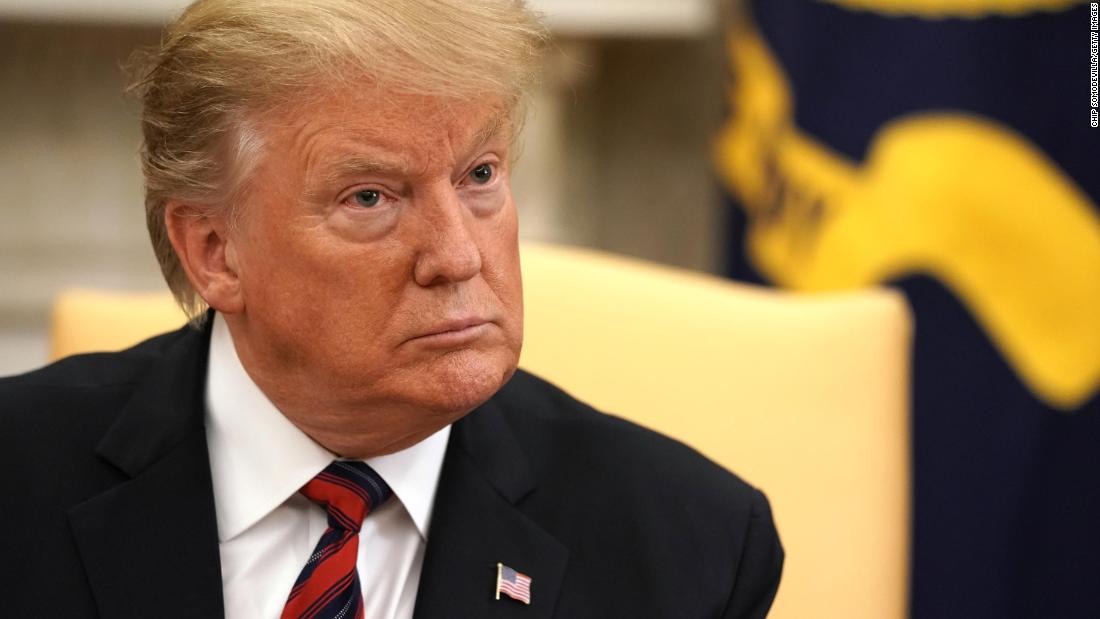
CNN's Kate Sullivan contributed to this report.
Trump and Kim make history, but a longer and more difficult march lies ahead
